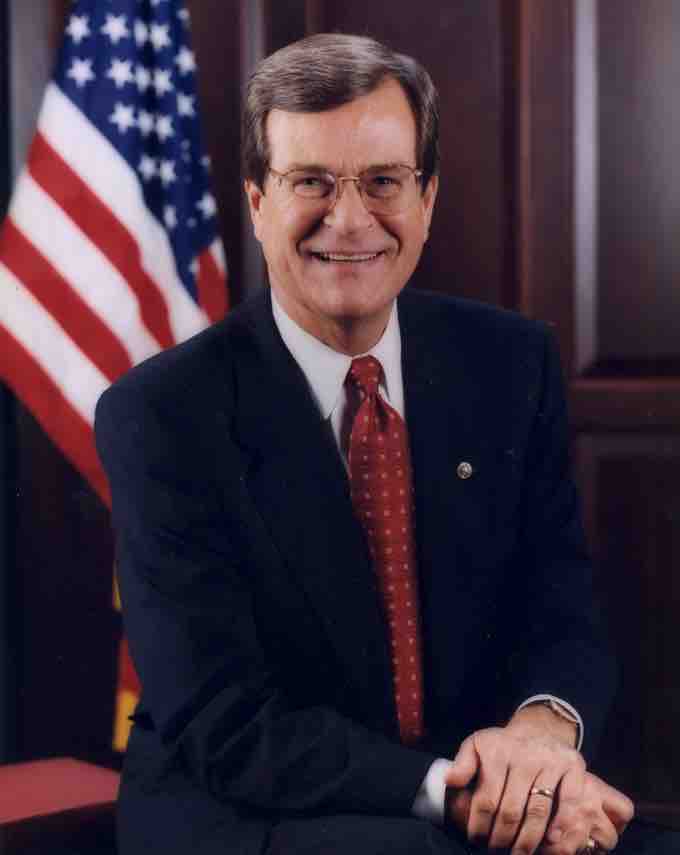Cyberspace
Cyberspace is the electronic medium of computer networks in which online communication takes place . Now ubiquitous, in current usage the term "cyberspace" stands for the global network of interdependent information technology infrastructures, telecommunications networks, and computer processing systems. The term has become a conventional means to describe anything associated with the Internet and the diverse Internet culture, such as blogs, podcasts, or social media. The United States government recognizes the interconnected information technology and the interdependent network of information technology infrastructures operating across this medium as part of the US National Critical Infrastructure.
Cyberspace describes the flow of digital data through the network of interconnected computers. It is not "real," since one cannot spatially locate it as a tangible object, yet "real" in its effects.
Blogs
A blog is a discussion or informational site published on the internet consisting of posts typically displayed in reverse chronological order. Until 2009, blogs were usually the work of a single individual, occasionally of a small group, and often were themed on a single subject. More recently "multi-author blogs" (MABs) have developed. MABs from newspapers, other media outlets, universities, think tanks, interest groups, and similar institutions account for an increasing quantity of blog traffic. The rise of Twitter and other "micro-blogging" systems helps integrate MABs and single-author blogs into societal news streams.
Although not a requirement, most good quality blogs are interactive, allowing visitors to leave comments and even message each other on the blogs. It is this interactivity that distinguishes them from other static websites. In that sense, blogging can be seen as a form of social networking. Indeed, bloggers do not only produce content to post on their blogs, but also build social relations with their readers and other bloggers.
Many blogs provide commentary on a particular subject, others function as personal online diaries, and still others function more as online brand advertising of a particular individual or company. A typical blog combines text, images, and links to other blogs, Web pages, and other media related to its topic. Microblogging is another type of blogging, featuring very short posts. In education, blogs can be used as instructional resources.
Blogs and Politics
An early milestone in the importance of blogs in politics came in 2002, when bloggers focused on comments by Senate Majority Leader Trent Lott . Senator Lott, at a party honoring Senator Strom Thurmond, praised Thurmond by suggesting the United States would have been better off had Thurmond been elected president. Lott's critics saw these comments as a tacit approval of racial segregation, a policy advocated by Thurmond's 1948 presidential campaign. This view was reinforced by documents and recorded interviews dug up by bloggers. Though Lott's comments were made at a public event attended by the media, no major media organizations reported on his controversial comments until after blogs broke the story. Blogging helped to create a political crisis that forced Lott to step down as majority leader.
Similarly, blogs were among the driving forces behind the "Rathergate" scandal. Dan Rather presented documents on the CBS show 60 Minutes that conflicted with accepted accounts of President Bush's military service record. Bloggers declared the documents to be forgeries and presented evidence and arguments in support of that view. Consequently, CBS apologized for what it said were inadequate reporting techniques. More often, however, news blogs tend to react to material already published by the mainstream media. Meanwhile, an increasing number of experts began blogging, making blogs a source of in-depth analysis.
By 2004, the role of blogs became increasingly mainstream, as political consultants, news services, and candidates began using them as tools for outreach and opinion forming. Blogging was established by politicians and political candidates to express opinions on war and other issues and cemented blogs' role as news sources.
Podcast
A podcast is a type of digital media consisting of an episodic series of audio, video, PDF, or ePub files subscribed to and downloaded through web syndication or streamed online to a computer or mobile device. Podcasting is both a converged medium bringing together audio, the web, and portable media players, and a disruptive technology that has caused some in the radio business to reconsider certain established practices and preconceptions about audiences, consumption, production, and distribution. It is very much a horizontal media form: producers are consumers and consumers become producers and engage in conversations with each other.

Senator Trent Lott
The Trent Lott-Strom Thurmond scandal was first picked up and publicized by early political blogs. It marked one of the first times in which mainstream media followed a story publicized in blogs.